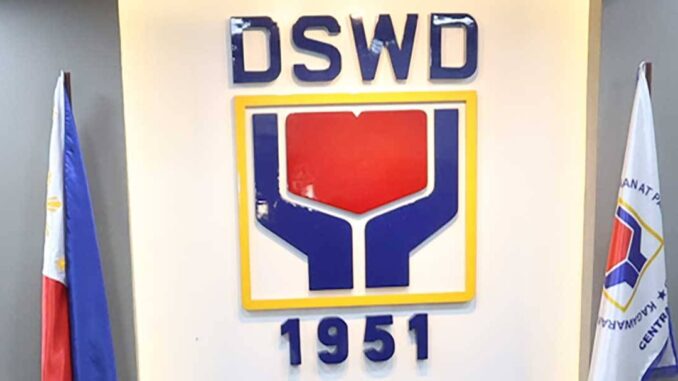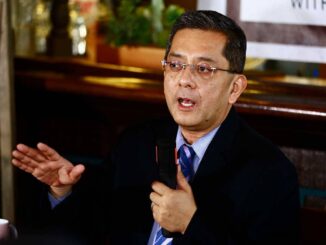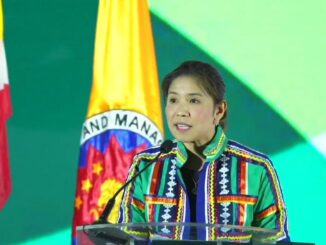
THE Department of Social Welfare and Development (DSWD) is finalizing the guidelines of the Ayuda para sa Kapos ang Kita Program (AKAP) in partnership with the Department of Labor and Employment (DoLE) and the National Economic and Development Authority (NEDA).
DSWD Secretary Rexlon Gatchalian on Thursday said the three agencies are updating guidelines for implementation while ensuring that the program’s goal — to address the major burden caused by rising inflation on the financial capacity of individuals earning less than the minimum wage — is met.
The guidelines were drafted in accordance with President Ferdinand Marcos Jr.’s veto message.
“We must adhere to the veto message that financial assistance should be provided to people earning less than the minimum wage and those impacted by inflation,” Gatchalian said.
The president’s statement immediately after signing the 2025 General Appropriations Act (GAA) on Dec. 30 required the conditional implementation of AKAP and several national government initiatives, subject to the submission of particular directives.
Gatchalian said the discussions with Labor Secretary Bienvenido Laguesma and NEDA Secretary Arsenio Balisacan highlighted the agencies’ roles in implementing AKAP in 2025.
“DOLE’s task is to assist us in identifying the minimum and regional wage benchmark,” Gatchalian said. “While the NEDA will assess the impact and effectiveness of the initiative, they will track and evaluate everything.”
Gatchalian said the new guidelines would guarantee that systems are fine-tuned to prevent AKAP from being used for political purposes during the campaign period for the May elections.
He stressed that while the agency welcomes the support offered by local government units (LGUs), it is the DSWD which implements AKAP, and potential beneficiaries are screened by its social workers.





Be the first to comment